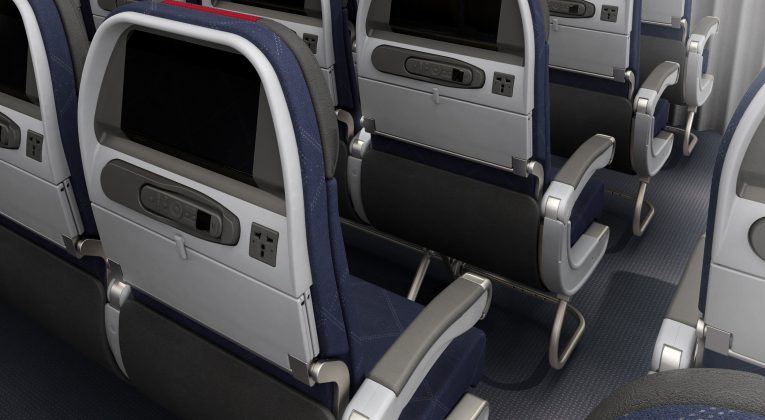Can Washington make air travel great again? It’s worth remembering that lawmakers are flyers, too. In fact, most of them are certified frequent flyers.
So they were as horrified as anyone at the images of Dr. David Dao being dragged, screaming and bloodied, from United flight 3411. And unlike the rest of us, they’re in a position to do something about the industry policies and practices that allowed such an incident to occur. Indeed, there’s been no lack of response from members of Congress.
First out of the gate was Senator Richard Blumenthal (D-CT) who, days after the United fiasco, sent a letter to the Department of Transportation calling for a thorough review of the events and demanding follow-up action. While prompted by United’s missteps, Blumenthal’s letter makes it clear that the problem goes beyond a single airline; passengers’ lack of power is an industry-wide issue that calls for nothing less than a passenger bill of rights.
The degrading treatment of this individual is the latest example of a major U.S. airline disrespecting passengers and denying them their basic rights. I understand the Department of Transportation is “reviewing” this matter, but I demand a stronger commitment. Your agency must conduct a swift, sweeping investigation into United Airlines and the industry practices that led to this incident.
In closing, Blumenthal notes that he is “working on a passenger bill of rights to correct these dramatic deficiencies.”
Addressing the problem from another angle, a group of 21 senators co-signed a letter to United chief Oscar Munoz, demanding answers to a long list of pointed questions regarding the airline’s handling of the situation and plans to prevent a recurrence.
At a time when the airline industry is earning record profits, it is our hope that the industry can make great strides to improve customer service and implement best practices. Consumer trust and confidence are critical to ensure this industry continues to thrive, and we hope United Airlines will work diligently to immediately address this incident and make necessary improvements to ensure it does not occur again.
United also received a letter from the U.S. Senate Commerce Committee, with its own list of questions regarding the handling of UA3411. Answers are due today, April 20.
Related:
Most recently, the House Transportation and Infrastructure Committee this week announced that it will hold oversight hearings “to provide Members an opportunity to learn more about consumer issues related to the commercial airline industry.” No details or dates for the hearings were given, but MarketWatch reports that United’s attendance has been requested. According to the airline: “Flight 3411 has prompted a lot of discussion, and we share many of the concerns being raised. We look forward to meeting with the committee and sharing with them the comprehensive review and the customer-focused actions we will communicate.”
Friendlier Skies Ahead?
A lot of scrutiny. A lot of hand-wringing and finger-pointing and grandstanding. Will it all amount to anything?
If history is any indication, chances of any substantive changes resulting from any of these initiatives are slim. The airlines and their lobbyists have stymied government efforts to impose consumer-friendly protections in the past, and are well positioned to continue doing so.
And if there were ever a time when more regulation of the airlines was especially unlikely, it’s now, with an administration that is dead-set against government meddling into the business of business.
Flyers can watch and hope as the lawmakers bemoan the sorry state of the industry. But they should be prepared for more of the same.
Reader Reality Check
How hopeful are you that Washington will make air travel great (or even tolerable) again?
After 20 years working in the travel industry, and almost that long writing about it, Tim Winship knows a thing or two about travel. Follow him on Twitter @twinship.
This article first appeared on SmarterTravel.com, where Tim is Editor-at-Large.



Provisions in the Contracts of Carriage are so loaded against the consumer that they could be violations of consumer protection laws — if Congress had not immunized airlines from violations of state consumer protection laws in the Airline Deregulation Act (ADA). It is abuses like this by airlines that should cause Congress to re-look the ADA and subject airlines to the same consumer protections the customers have from other businesses.
Another thing (or alternatively) at the time of the ADA, there was true competition. The airlines have now consolidated to the point that some destinations are subjected to a monopoly, where only one or sometimes two airlines provide service. Access to air service is so critical these days that perhaps it is time to treat airlines as regulated monopolies — like utilities — instead of immunizing them.